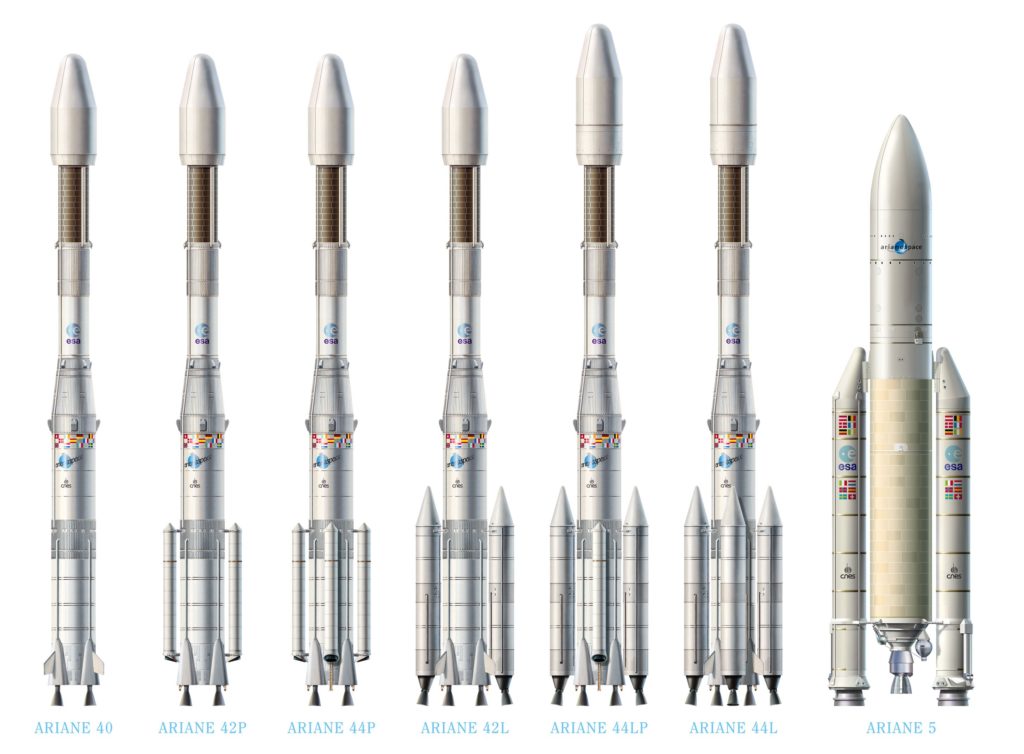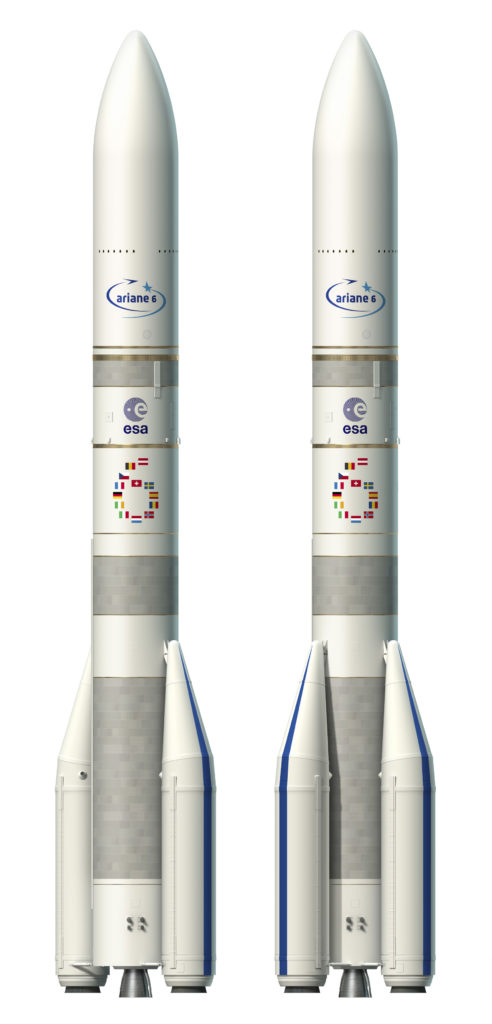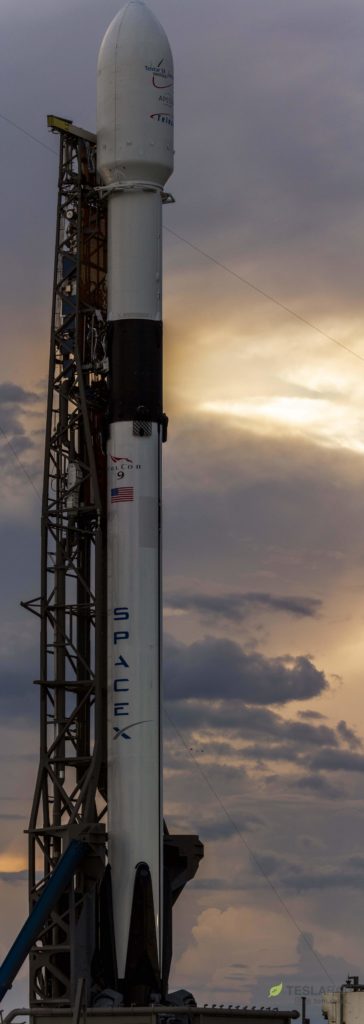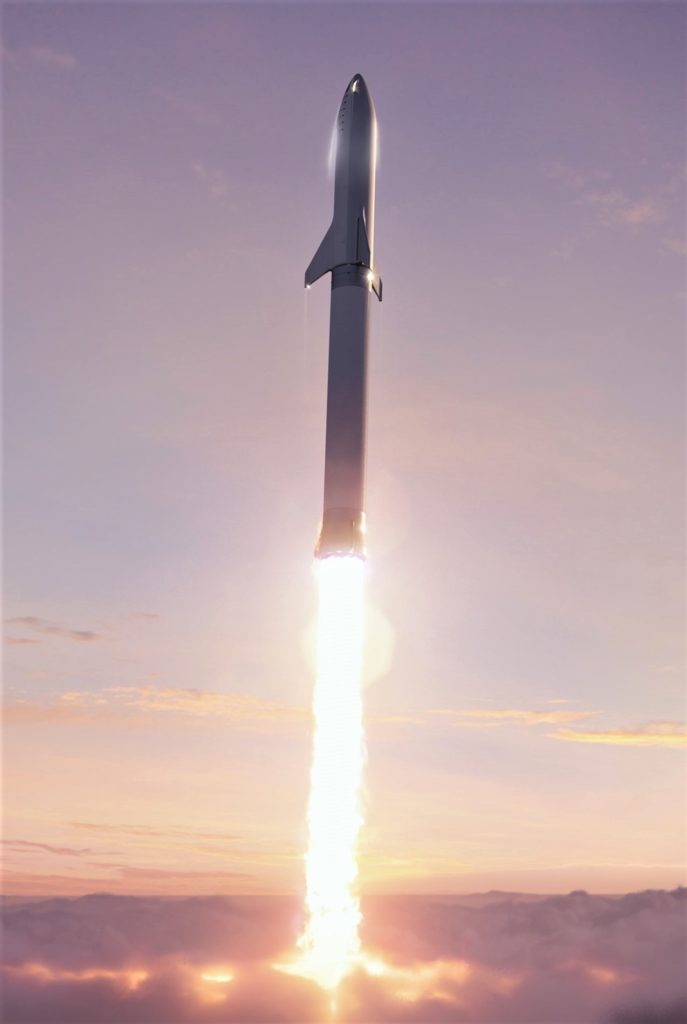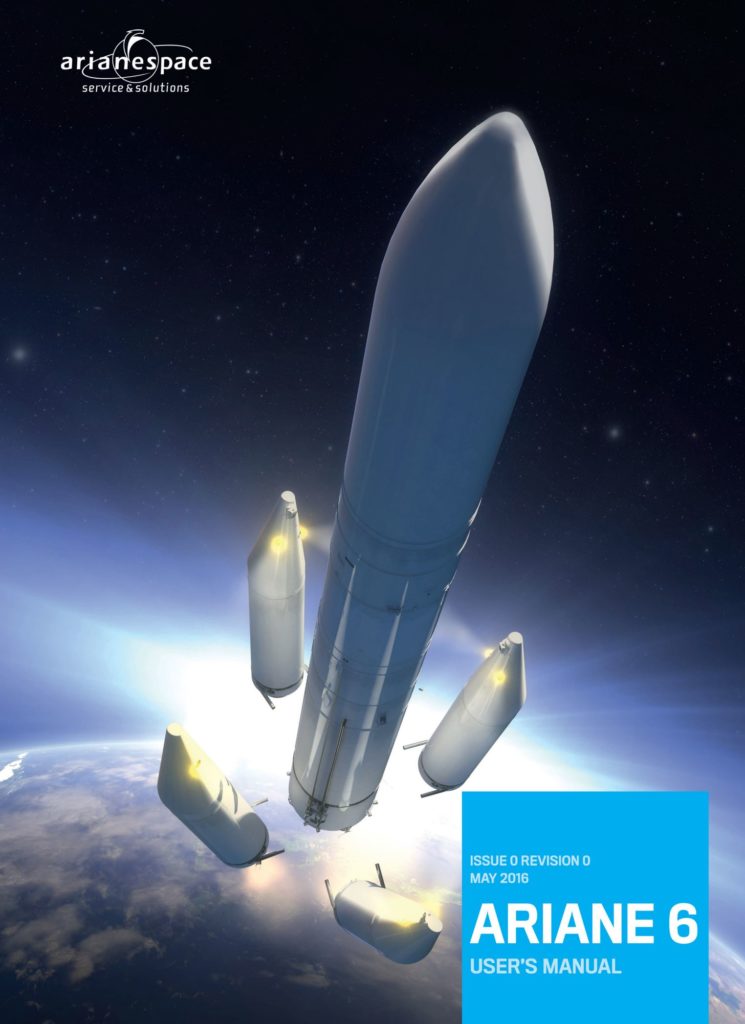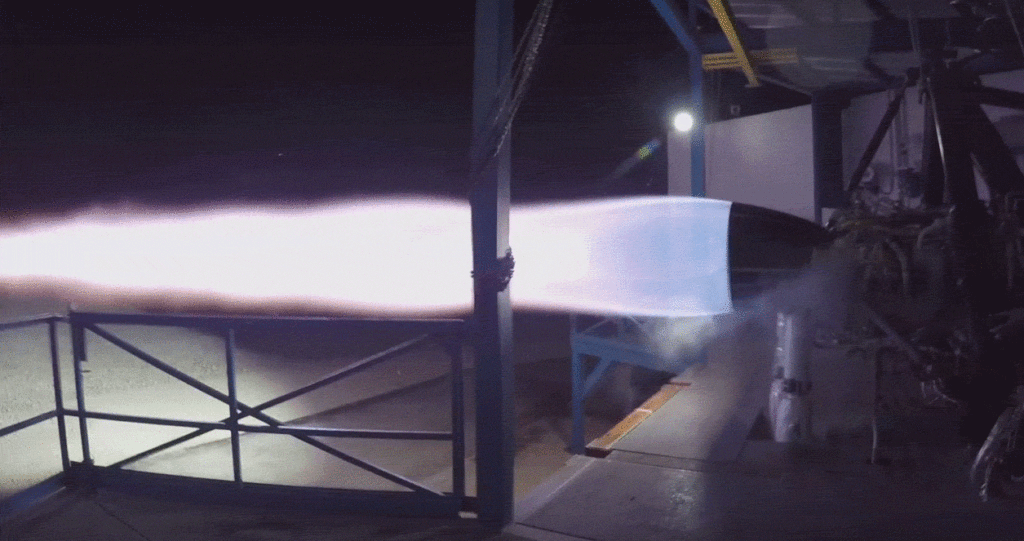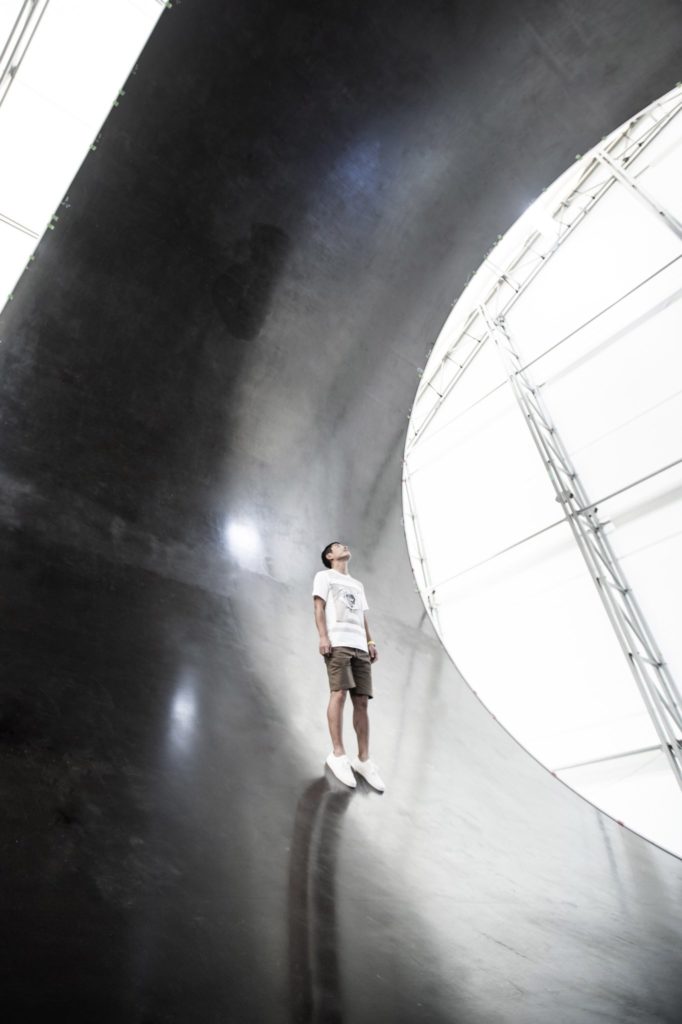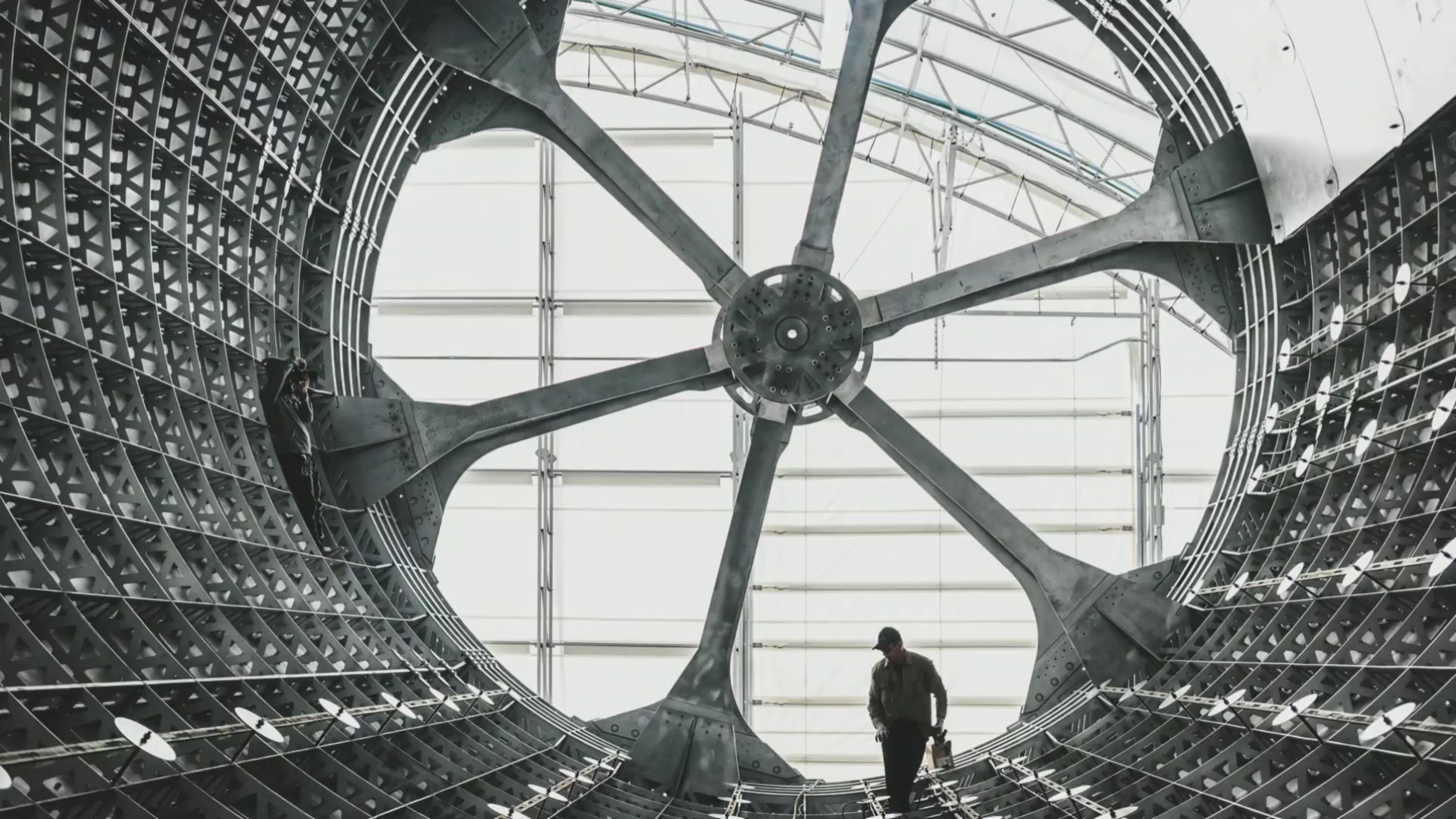

News
SpaceX’s BFR and Raptor deemed “science-fiction” by French space agency manager
Speaking in a September 7th interview with French newspaper Courrier International, Dr. Francis Rocard – director of French space agency CNES’ solar system exploration program – had little good to say about SpaceX and CEO Elon Musk’s long-term ambitions in space, going so far as to question the CEO’s driving ethics and label the company’s next-generation rocket and propulsion system “science-fiction”.
- Ariane’s lineage. (ESA)
- Ariane 62 and 64. (ESA)
- Falcon 9 Block 5 will be absolutely critical to the success (and even the basic completion) of Starlink. (Tom Cross)
- BFR (2018) breaks through a cloud layer shortly after launch. (SpaceX)
Pehaps best known for its involvement in interplanetary space exploration missions like Rosetta and European launch provider Arianespace, CNES is providing a bit less than 25% of the $3.8 billion ESA is spending to develop the Ariane 6 rocket, as well as another $700m for the construction of a new launch pad and support facilities at the space agency’s French Guiana spaceport.
ArianeGroup, a public-private partnership and company, plans to begin replacing its highly successful Ariane 5 rocket with Ariane 6 as early as 2020 and is providing roughly $475 million of its own money to develop that launch vehicle. Ariane 5, which just completed its 100th successful launch on September 25th, costs between $165m and $220m (2016) per launch and is fully expendable, while Ariane 6 – also fully expendable – is targeting a slightly more practical cost between $100m and $130m per flight.
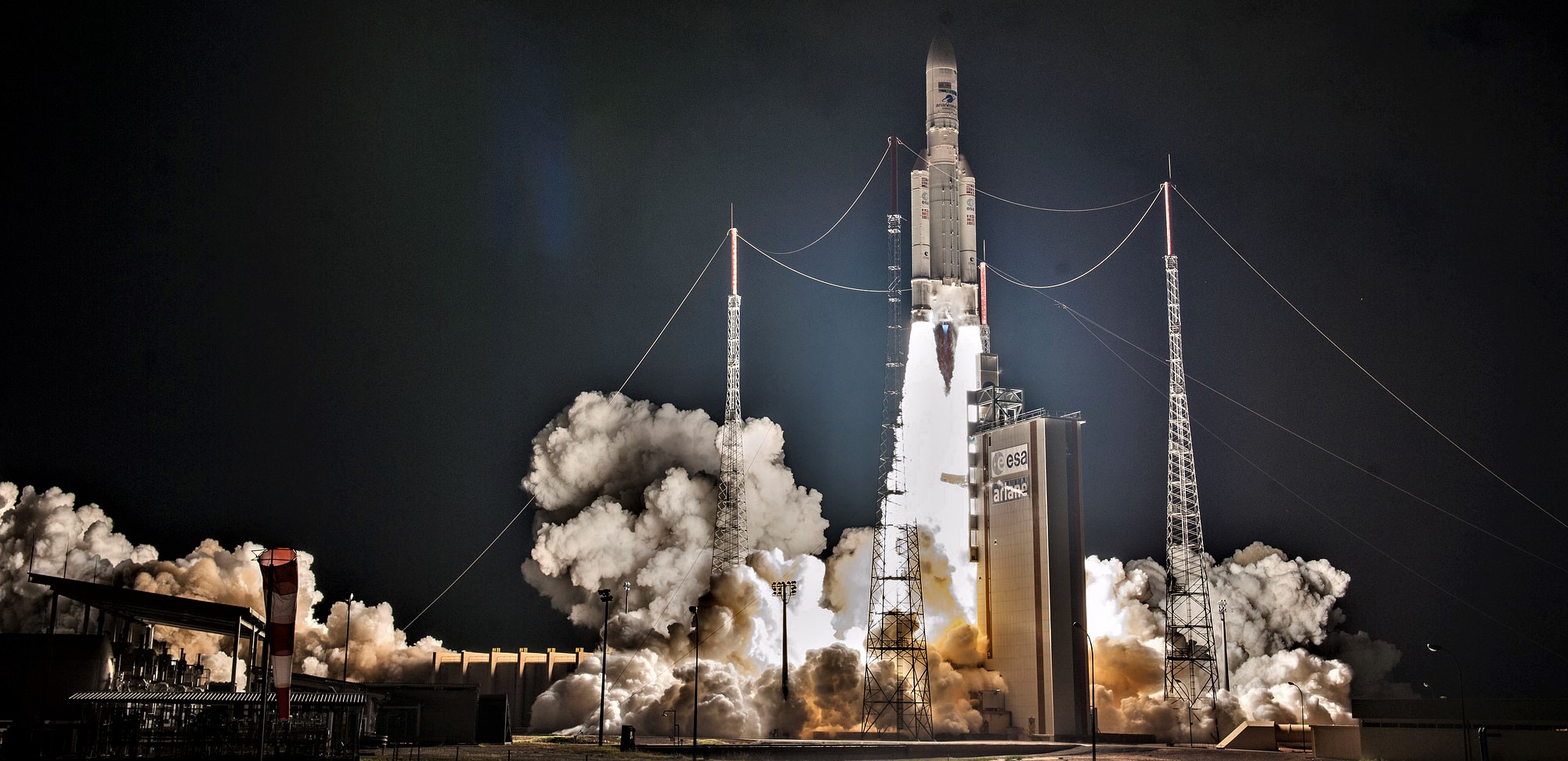
Differences between Ariane 5 and Ariane 6 are exceedingly minor, with the majority of differences found in the cost of each rocket. The end result for customers is essentially the exact same performance of Ariane 5 (or significantly worse) for at most a 40% discount. Ariane 6 will have light (2 solid rocket boosters) and heavy (4 SRBs) variants, and the light variant (known as Ariane 62) is expected to cost no more than 20% less than its heavy cousin while offering considerably less than half the performance.
This poses a major issue for ArianeGroup, as its current Ariane 5 only marginally functions as a commercial rocket thanks to an extensive reliance on dual-satellite launches, in which two different payloads are manifested on the same rocket in order to halve the cost each customer must pay. According to Arianespace, the best possible price a customer might wind up paying for one of Ariane 5’s two slots is ~$60m, essentially the same as the base price for a dedicated Falcon 9 launch. The problem, however, lies in the reality that Ariane 62 will be effectively incapable of performing the same dual-manifest launches but end up costing significantly more for a dedicated launch than the $60m-$100m Ariane 5 customers currently expect.
- This exploded view shows how Ariane 5 launches two large satellites at once. (ESA)
- A render showing Ariane 64. (Arianespace)
- A gif of Raptor throttling over the course of a 90+ second static-fire test in McGregor, Texas. (SpaceX)
- Yusaku Maezawa stands on the first BFR composite tank/fuselage section prior to his Sept. 17 announcement. (Yusaku Maezawa)
Ariane 64, at most a 40% cheaper replacement for Ariane 5, doesn’t even have a tentative launch debut date set, while Ariane 62 is pencilled in for a 2020 debut with several more launches soon after, potentially ramping up to a dozen missions per year in the mid-2020s. Rocard, while not directly involved in CNES’ own tenative work with reusable rocket experiments or its relationship with Ariane rockets, placed himself in an inopportune position by so bluntly dismissed and demeaning the near to long-term ambitions of SpaceX.
Not only are BFR and Raptor quite literally real enough to touch, but SpaceX’s Falcon 9 Block 5 is beginning to ramp up launch and reuse activities, placing the launch upstart in a position where the long-term survival – let alone success – of ArianeGroup and its Ariane 6 rockets seems no less likely than SpaceX’s realization of its Mars aspirations in the 2020s and 2030s. May the best rockets win.
For prompt updates, on-the-ground perspectives, and unique glimpses of SpaceX’s rocket recovery fleet check out our brand new LaunchPad and LandingZone newsletters!
News
Tesla UK sales see 14% year-over-year rebound in June: SMMT data
The SMMT stated that Tesla sales grew 14% year-over-year to 7,719 units in June 2025.

Tesla’s sales in the United Kingdom rose in June, climbing 14% year-over-year to 7,719 units, as per data from the Society of Motor Manufacturers and Traders (SMMT). The spike in the company’s sales coincided with the first deliveries of the updated Model Y last month.
Model Y deliveries support Tesla’s UK recovery
Tesla’s June performance marked one of its strongest months in the UK so far this year, with new Model Y deliveries contributing significantly to the company’s momentum.
While the SMMT listed Tesla with 7,719 deliveries in June, independent data from New AutoMotive suggested that the electric vehicle maker registered 7,891 units during the month instead. However, year-to-date figures for Tesla remain 2% down compared to 2024, as per a report from Reuters.
While Tesla made a strong showing in June, rivals are also growing. Chinese automaker BYD saw UK sales rise nearly fourfold to 2,498 units, while Ford posted the highest EV growth among major automakers, with a more than fourfold increase in the first half of 2025.
Overall, the UK’s battery electric vehicle (BEV) demand surged 39% to to 47,354 units last month, helping push total new car sales in the UK to 191,316 units, up 6.7% from the same period in 2024.
EV adoption accelerates, but concerns linger
June marked the best month for UK car sales since 2019, though the SMMT cautioned that growth in the electric vehicle sector remains heavily dependent on discounting and support programs. Still, one in four new vehicle buyers in June chose a battery electric vehicle.
SMMT Chief Executive Mike Hawes noted that despite strong BEV demand, sales levels are still below regulatory targets. “Further growth in sales, and the sector will rely on increased and improved charging facilities to boost mainstream electric vehicle adoption,” Hawes stated.
Also taking effect this week was a new US-UK trade deal, which lowers tariffs on UK car exports to the United States from 27.5% to 10%. The agreement could benefit UK-based EV producers aiming to expand across the country.
News
Tesla Model 3 ranks as the safest new car in Europe for 2025, per Euro NCAP tests
Despite being on the market longer than many of its rivals, the Tesla Model 3 continues to set the bar for vehicle safety.

The Tesla Model 3 has been named the safest new car on sale in 2025, according to the latest results from the Euro NCAP. Among 20 newly tested vehicles, the Model 3 emerged at the top of the list, scoring an impressive 359 out of 400 possible points across all major safety categories.
Tesla Model 3’s safety systems
Despite being on the market longer than many of its rivals, the Tesla Model 3 continues to set the bar for vehicle safety. Under Euro NCAP’s stricter 2025 testing protocols, the electric sedan earned 90% for adult occupant protection, 93% for child occupant protection, 89% for pedestrian protection, and 87% for its Safety Assist systems.
The updated Model 3 received particular praise for its advanced driver assistance features, including Tesla’s autonomous emergency braking (AEB) system, which performed well across various test scenarios. Its Intelligent Speed Assistance and child presence detection system were cited as noteworthy features as well, as per a WhatCar report.
Other notable safety features include the Model 3’s pedestrian-friendly pop-up hood and robust crash protection for both front and side collisions. Euro NCAP also highlighted the Model 3’s ability to detect vulnerable road users during complex maneuvers, such as turning across oncoming traffic.
Euro NCAP’s Autopilot caution
While the Model 3’s safety scores were impressive across the board, Euro NCAP did raise concerns about driver expectations of Tesla’s Autopilot system. The organization warned that some owners may overestimate the system’s capabilities, potentially leading to misuse or inattention behind the wheel. Even so, the Model 3 remained the highest-scoring vehicle tested under Euro NCAP’s updated criteria this year.
The Euro NCAP’s concerns are also quite interesting because Tesla’s Full Self-Driving (FSD) Supervised, which is arguably the company’s most robust safety suite, is not allowed for public rollout in Europe yet. FSD Supervised would allow the Model 3 to navigate inner city streets with only minimal human supervision.
Other top scorers included the Volkswagen ID.7, Polestar 3, and Geely EX5, but none matched the Model 3’s total score or consistency across categories. A total of 14 out of 20 newly tested cars earned five stars, while several models, including the Kia EV3, MG ZS, and Renault 5, fell short of the top rating.
Elon Musk
Why Tesla’s Q3 could be one of its biggest quarters in history
Tesla could stand to benefit from the removal of the $7,500 EV tax credit at the end of Q3.

Tesla has gotten off to a slow start in 2025, as the first half of the year has not been one to remember from a delivery perspective.
However, Q3 could end up being one of the best the company has had in history, with the United States potentially being a major contributor to what might reverse a slow start to the year.
Earlier today, the United States’ House of Representatives officially passed President Trump’s “Big Beautiful Bill,” after it made its way through the Senate earlier this week. The bill will head to President Trump, as he looks to sign it before his July 4 deadline.
The Bill will effectively bring closure to the $7,500 EV tax credit, which will end on September 30, 2025. This means, over the next three months in the United States, those who are looking to buy an EV will have their last chance to take advantage of the credit. EVs will then be, for most people, $7,500 more expensive, in essence.
The tax credit is available to any single filer who makes under $150,000 per year, $225,000 a year to a head of household, and $300,000 to couples filing jointly.
Ending the tax credit was expected with the Trump administration, as his policies have leaned significantly toward reliance on fossil fuels, ending what he calls an “EV mandate.” He has used this phrase several times in disagreements with Tesla CEO Elon Musk.
Nevertheless, those who have been on the fence about buying a Tesla, or any EV, for that matter, will have some decisions to make in the next three months. While all companies will stand to benefit from this time crunch, Tesla could be the true winner because of its sheer volume.
If things are done correctly, meaning if Tesla can also offer incentives like 0% APR, special pricing on leasing or financing, or other advantages (like free Red, White, and Blue for a short period of time in celebration of Independence Day), it could see some real volume in sales this quarter.
You can now buy a Tesla in Red, White, and Blue for free until July 14 https://t.co/iAwhaRFOH0
— TESLARATI (@Teslarati) July 3, 2025
Tesla is just a shade under 721,000 deliveries for the year, so it’s on pace for roughly 1.4 million for 2025. This would be a decrease from the 1.8 million cars it delivered in each of the last two years. Traditionally, the second half of the year has produced Tesla’s strongest quarters. Its top three quarters in terms of deliveries are Q4 2024 with 495,570 vehicles, Q4 2023 with 484,507 vehicles, and Q3 2024 with 462,890 vehicles.
-

 Elon Musk5 days ago
Elon Musk5 days agoTesla investors will be shocked by Jim Cramer’s latest assessment
-

 News1 week ago
News1 week agoTesla Robotaxi’s biggest challenge seems to be this one thing
-

 Elon Musk2 weeks ago
Elon Musk2 weeks agoFirst Look at Tesla’s Robotaxi App: features, design, and more
-

 News2 weeks ago
News2 weeks agoWatch Tesla’s first driverless public Robotaxi rides in Texas
-

 News2 weeks ago
News2 weeks agoWatch the first true Tesla Robotaxi intervention by safety monitor
-
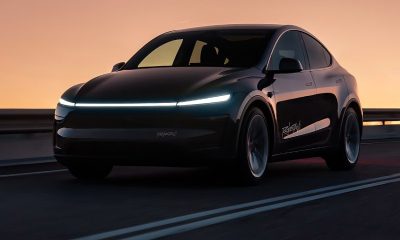
 Elon Musk2 weeks ago
Elon Musk2 weeks agoTesla officially launches Robotaxi service with no driver
-

 Elon Musk1 week ago
Elon Musk1 week agoA Tesla just delivered itself to a customer autonomously, Elon Musk confirms
-

 News2 weeks ago
News2 weeks agoTesla Robotaxi rollout proves that Elon Musk still delivers, even if it’s late

